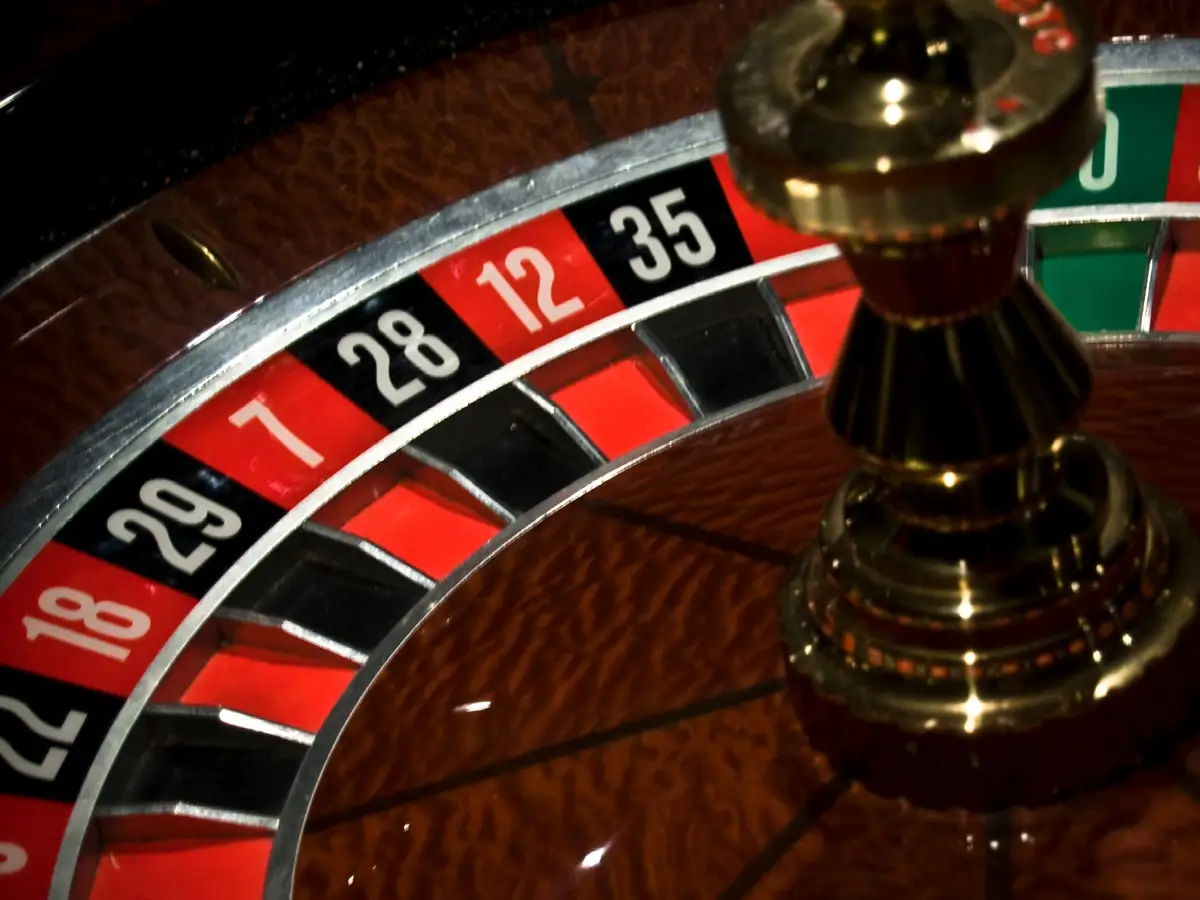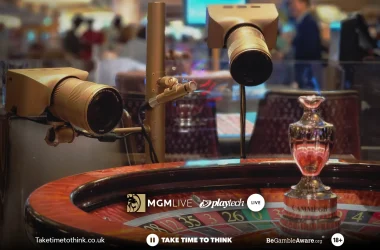Probability is an umbrella concept encompassing the various chances that something may or will occur, be it tossing a coin or betting on roulette table. No matter where it applies, probability works the same way.
Scrabble is a game of pure chance; skill has no impact in determining its results. Once a winning number and color have been determined, the dealer will mark that chip with a dolly to indicate its importance in play.
The Game
Einstein once stated, “Roulette is a game where the odds are always against you,” which may be partially accurate but doesn’t mean there’s no chance to increase your odds of victory.
One effective strategy is to practice your roulette strategy through free games or demos. Doing this will give you the confidence needed to succeed when playing for real money.
Bankroll management is another essential tip. This involves only betting with money you can afford to lose and never chasing losses; doing this will allow you to enjoy the casino experience even when you’re not winning and ensure that funds don’t run out before the end of a session.
Rules
There are various strategies you can employ to increase your odds of roulette success. Understanding the odds and probabilities associated with each bet can help you manage your bankroll more wisely and make more informed decisions, while using expert strategies can further increase chances of victory.
Odds and payouts of roulette depend on the game variant and betting table configuration. Simple bets like red/black and odd/even offer greater chances of success but lower returns, while complex bets such as straight up or split betting offer smaller odds but larger pay-outs.
Avoid chasing losses, which can result in even bigger losses and bankroll depletion. Set yourself a predetermined budget as this is the best way to control losses while increasing wins.
Variations
Roulette has long captivated players for its intriguing combination of strategy and serendipity, captivating generations. Being informed on which bets offer better returns will allow you to better plan where to place your bets.
Roulette wheels provide many different kinds of bets for players to place, offering each an individual betting experience. From simple inside bets such as even-money to more complex outside bets like columns and dozens, all types of wagers can be placed.
Inside bets involve placing your chips directly on a number, including the zero (or 00 in American roulette). They offer higher returns but with greater risks; their payout odds can be calculated easily using probability analysis; however, specific odds can differ between roulette variants.
Bets
A roulette wheel features 38 evenly spaced spaces with two green zeroes and 36 red and black slots, bets are placed on specific areas of a betting mat before the croupier spins the ball and calls “no more bets”. Players may wager on individual numbers, groups of numbers or various combinations.
Odds of winning at roulette are determined by counting both wins and losses, which is then converted to a ratio or percentage. Outside bets such as red/black, columns/dozens offer lower risks with greater chances of payouts.
Some bettors may claim they have systems which can help beat the odds, but these claims should be treated as dubious as they often contain fallacious reasoning and won’t improve your odds more than randomly.
Payouts
Roulette is a casino game in which bettors wager on which compartment of a revolving wheel containing red or black numbers the ball spun in the opposite direction from its rotor will land within. Players purchase chips from the croupier who stacks them by color to represent different player bets.
These bets, known as “inside bets”, cover a small cluster of numbers near one another on the table. While odds for winning these bets are higher, payouts tend to be smaller than with other forms.
Outside bets cover larger sections of the wheel and pay out according to their chances of winning, such as odds/evens, red/black, the first, second, or third dozen of positions, low/high bets etc.













